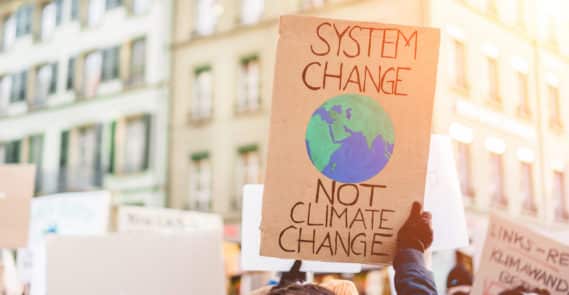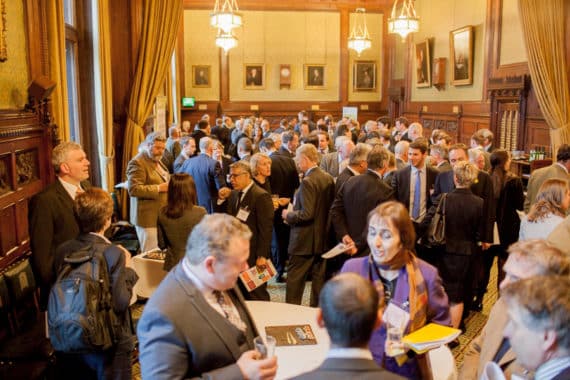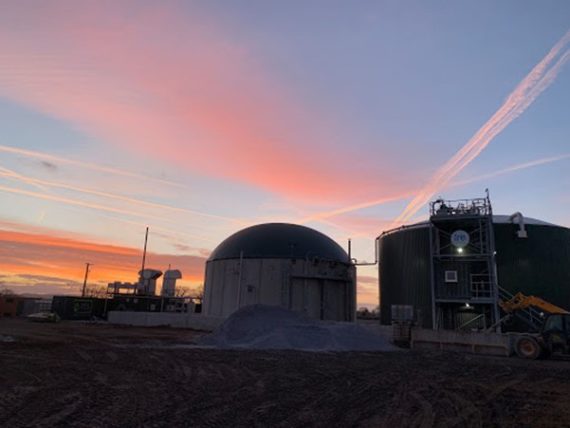
Despite countries pledges in the Paris Agreement to limit global temperature rise to 2 degrees Celsius and strive for a safer 1.5 degree target, the planet is on a trajectory to 3.6 degrees warming. Following the example set my countless local authorities across the country, the UK declared a climate emergency in May 2019. However, the CCC, in its last report on the UK’s progress towards its carbon reduction targets, made clear that it is dangerously off track meeting its legally binding commitments and delivering Net Zero emissions by 2050.
If anaerobic digestion was rolled out to process the unavoidable wastes currently left to emit methane into the atmosphere, it could deliver a 6% reduction in total UK GHG emissions; and, as a ready to use technology, it could do this by 2030. That’s 30% of the carbon savings required to meet the UK’s 2030 target set out in the 5th Carbon Budget. This would directly create 30,000 green jobs across the UK, including in deprived and rural areas. Given its presidency of the next UN climate talks, COP26, the UK is under increasing international and national pressure to show greater leadership in the just transition to a green economy.
It is clear that AD has an important role to play in responding to the climate emergency, at the global, national and local level.
With many local authorities developing plans to underpin their climate emergency declaration, it is critical that a joined up approach is taken, recognising the interplay between different areas of responsibility – namely waste management and the climate emergency. Decisions taken at the local level around waste management must be considered through the climate emergency lens, and AD must be utisilised to prevent methane emissions from organic wastes, while also generating valuable renewable energy (to displace fossil) and renewable biofertiliser or other bioresources. Not only does this cut emissions but it also creates a vibrant green, circular economy, providing local energy security, local food security and local jobs.


Credit: Lower Park Farm Co-op
At the World Biogas Summit in 2019, Niclas Svenningsen, Manager, Global Climate Action at UN Climate Change, gave this stark overview of the climate emergency and highlighted the value of biogas technology in the mix. ADBA and the World Biogas Association co-host the annual Summit.
“There is a tremendous potential for biogas to be a significant building block in the climate and energy plans for the UK, EU and the world,” Svenningsen said. “The largest single emission source is by far energy production. Some 70% of global GHG [greenhouse gas] emissions are directly caused by energy generation, and most of that is by burning fossil fuel.”
In his speech, Svenningsen reiterated the words of UN Secretary-General António Guterres that “the Paris Agreement and investments in fossil fuels are incompatible.”
Deep-rooted and systematic change is necessary. Both private and public sectors must start divesting from systems which depend on carbon-intensive technologies and re-investing in sustainable ones – developing the green economy – yet well-designed policy is required to drive this transition. There is not time to allow fossil industries to transition at their own convenience.



